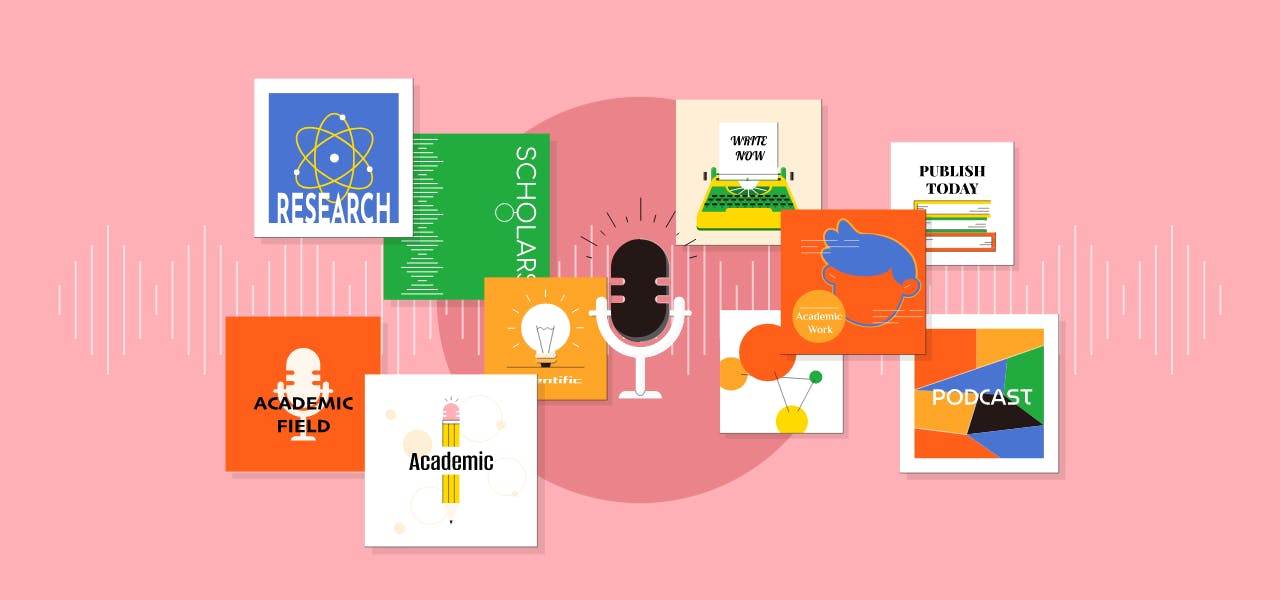The first scholarly journal was published over 350 years ago. The first issue of Philosophical Transactions debuted in 1665. The journal included rudimentary peer-reviewed articles. It wasn’t until 1731 that peer-reviewing became the standard for published scholarly articles.
Accurate, peer-reviewed articles are most often used in other research papers as citation sources. But with the creation of new mediums to disseminate information, not all of the citations used in scholarly articles can be fact-checked.
YouTube videos and podcasts are now acceptable sources for scholarly research. Find out how to determine a reputable podcast, and then cite it in your academic paper.
21st Century Innovations in Academics
Scholarly journals have undergone a considerable transformation since the forefathers of academic publishing created the first journal. The first academic experts involved in peer-reviewing articles came from a small circle of friends and close colleagues. These days, the circle is larger and indiscriminate to personal relationships.
The 21st century has had its own impact on the academic field. The internet was created in the late 20th century but really took hold in the early 2000s due to the popularity of social media. Now-defunct MySpace is typically considered the first social media site, pre-dating conglomerate Facebook.
Broadcasting mediums have evolved rapidly alongside social media. Television and radio are slowly disappearing as streaming services, online videos, and podcasts are gradually replacing them. Technology moves quickly; it seems like just yesterday that citing audio and video clips became acceptable citations in scholarly journals.
As podcasts become stand-ins for radio broadcasts, more academics are including podcasts in their research repertoire.
How Podcasts Help Researchers
Research material can come from all sorts of unconventional places. But academics must find verifiable and legitimate sources in order to include that information in their paper. Peer-reviewed articles are considered the most valid data source because experts in the academic field have confirmed the findings are accurate.
However, research articles must include a variety of sources instead of relying solely on peer-reviewed articles. Podcasts are among the 21st century technology advancements finding their way into scholarly works.
Many people think podcasts are for entertainment purposes only. However, podcasts have now become a popular way to spread or debate scientific knowledge. Academic researchers can likely find a podcast addressing and supporting the topic of their thesis.
But they should beware of ‘fake news’ distributed via podcasts. At a time when the scientific community is under vast scrutiny, checking and double-checking sources is paramount to a factual research paper.
Listening to podcasts from other creators isn’t the only way podcasts can benefit the scientific community. Podcasts can also help a researcher spotlight a colleague’s work by hosting their peer for an interview to discuss their colleague’s latest findings.
How to Cite a Podcast
Seasoned researchers doubtlessly have the APA citation format for books and journals memorized by heart. The format for citations from newer mediums, such as YouTube videos and podcasts, can take time to master.
To confuse matters, podcasts can be in audio or video format. In fact, some podcasters upload their content to YouTube and other video-sharing sites.
A podcast citation includes the host as the author, the date, information about the specific podcast episode, the titles of the podcast and production company, and the URL of the podcast if applicable. Podcasts can be listened to via cell phone apps instead of a website.
APA podcast reference list format:
Host last name, Initials. (Host). (Year, Month, Day). Episode title (No. Episode number) [Audio podcast episode]. In Podcast name. Production Company. URL
APA In-text podcast citation:
(Host, date, timestamp.)
The timestamp is when the information used in the citation occurs in the episode.
Comedian-turned-social-commentator Joe Rogan hosts the most popular podcast in the world. One episode featured entrepreneur Elon Musk for a wide-ranging interview discussing the idea that humans live in a virtual simulation. How would a researcher cite this podcast episode using APA format?
APA reference list citation:
Rogan, J.Host. (2018, September 7). Elon Musk (No.1169) [Audio podcast episode]. In The Joe Rogan Experience. Spotify. https://open.spotify.com/episode/2B07nNz3WIl7ptnCpu3TEy
APA in-text citation:
(Rogan, J., 2018, timestamp.)
Follow Your Citations in Impactio
Impactio Is America’s leading platform for scholars and researchers. The platform offers vast networking opportunities and data analytics. Researchers can utilize Impactio to track the trajectory of their research article citations.
